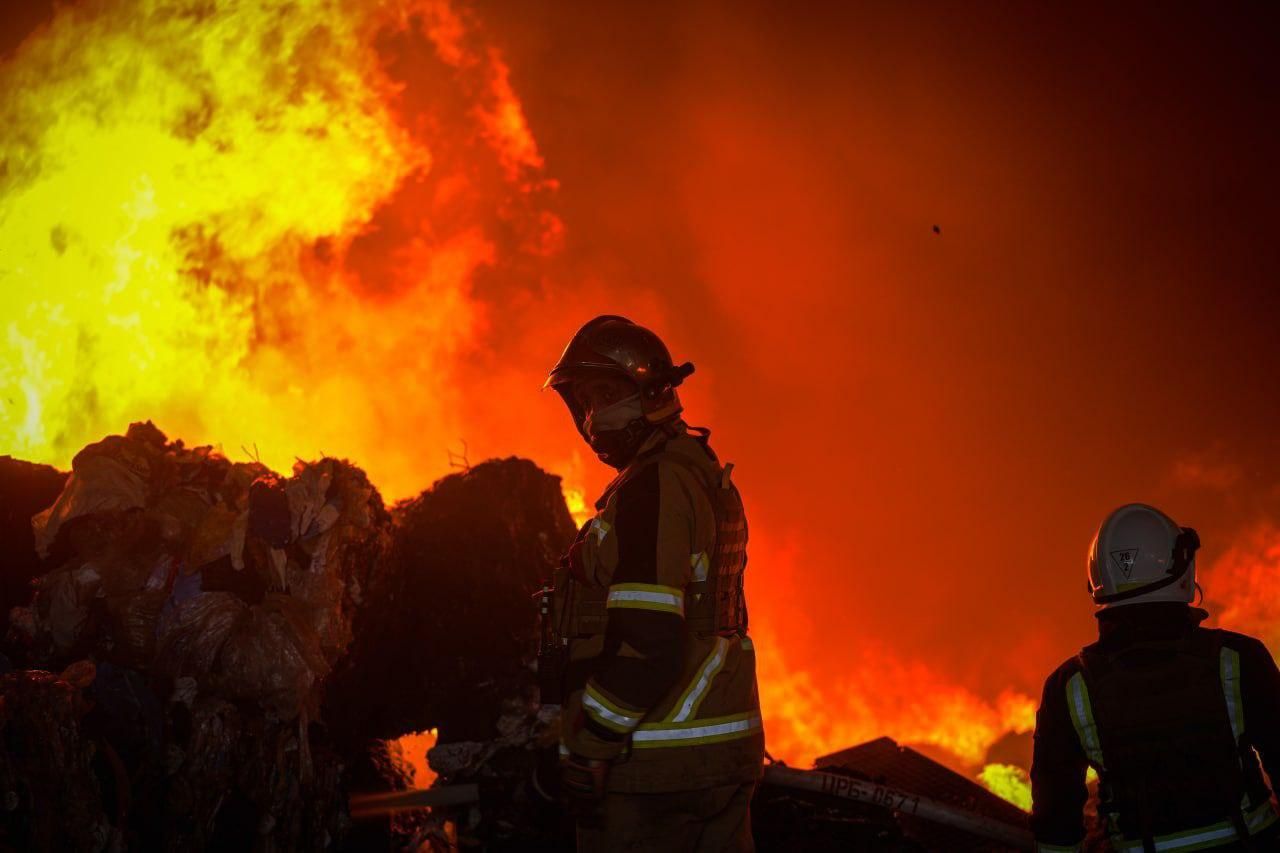What We’re Watching: G7 stands up to Putin, Israel and Lebanon reach maritime deal, South Korea touts missile shield
The war grinds on
Following another day of sound and fury as Russia fired more missiles into Ukrainian cities on Tuesday, G7 leaders announced “undeterred and steadfast” military and financial support for Ukraine’s defense and warned Vladimir Putin’s government that any Russian use of chemical, biological, or nuclear weapons in Ukraine would be met with “severe consequences.” Ukrainian air defenses shot down some of Russia’s missiles on Tuesday, but Ukraine’s President Volodymyr Zelensky told G7 leaders that more and better systems were an urgent priority. On Wednesday, Putin is expected to meet with Turkey’s President Recep Tayyip Erdoğan at a security conference in Kazakhstan, and the Kremlin spokesman told reporters the two leaders might discuss the possibility of peace talks. So, in a week of dramatic images from Ukraine, what has really changed? Ukraine has proven it still has partisans inside Crimea that can inflict real damage on important Russian infrastructure. Putin has demonstrated that he’s willing to satisfy the demands of Russian nationalists to punish Ukrainian civilians, though he says the next steps will continue to be incremental. Russia’s dwindling stockpile of precision-guided missiles, which Western export controls will make hard to replace, dwindled further. And despite pleas for peace from foreign governments, neither Russia nor Ukraine has signaled any credible basis for compromise.
Lebanon-Israel deal is finally underwater
The two countries have reached a deal that ends decades of disagreement over where exactly their maritime border lies. The underlying issue, as it were, is the presence of vast untapped natural gas fields in the area. Those could be an economic and geopolitical boon for both sides, but particularly for Lebanon, which has endured years of financial crises and power shortages. Ambiguity over the border between the two countries, whose history of conflict dates back to the late 1970s, had hobbled major energy investments in the area until now. As recently as July, Israel shot down several Hezbollah drones that were flying over the area. Under the US-brokered agreement, Israel will maintain full control over one of the large gas fields in the area, while another will be split, but with Lebanon in charge of granting exploitation rights.
What We're Ignoring: South Korea's missile defense bravado
South Korea's military says it can detect the various types of missiles that North Korea has been on a rampage to test since the beginning of the year. But experts warn that even the US-developed THAAD missile defense system (which China doesn’t like one bit) might not be enough to stop some of Kim Jong Un's newest toys, including a new short-range nuclear-capable ballistic rocket and especially what Pyongyang claims is a hypersonic missile. What's more, if Kim were to attack, he'd do so by firing so many projectiles at the South that it wouldn't matter if a lot get intercepted because just a few of them could turn Seoul and other cities into a sea of flames. The North Koreans also have nuclear weapons, which would be almost impossible to shoot down if launched from such a short distance. We get that the South Koreans want to assure the people that they are prepared for an attack from their hostile neighbor, but claiming you've got the goods to repel a barrage of North Korean missiles will likely only make Kim want to beef up his arsenal even more.This article comes to you from the Signal newsletter team of GZERO Media. Sign up today.
